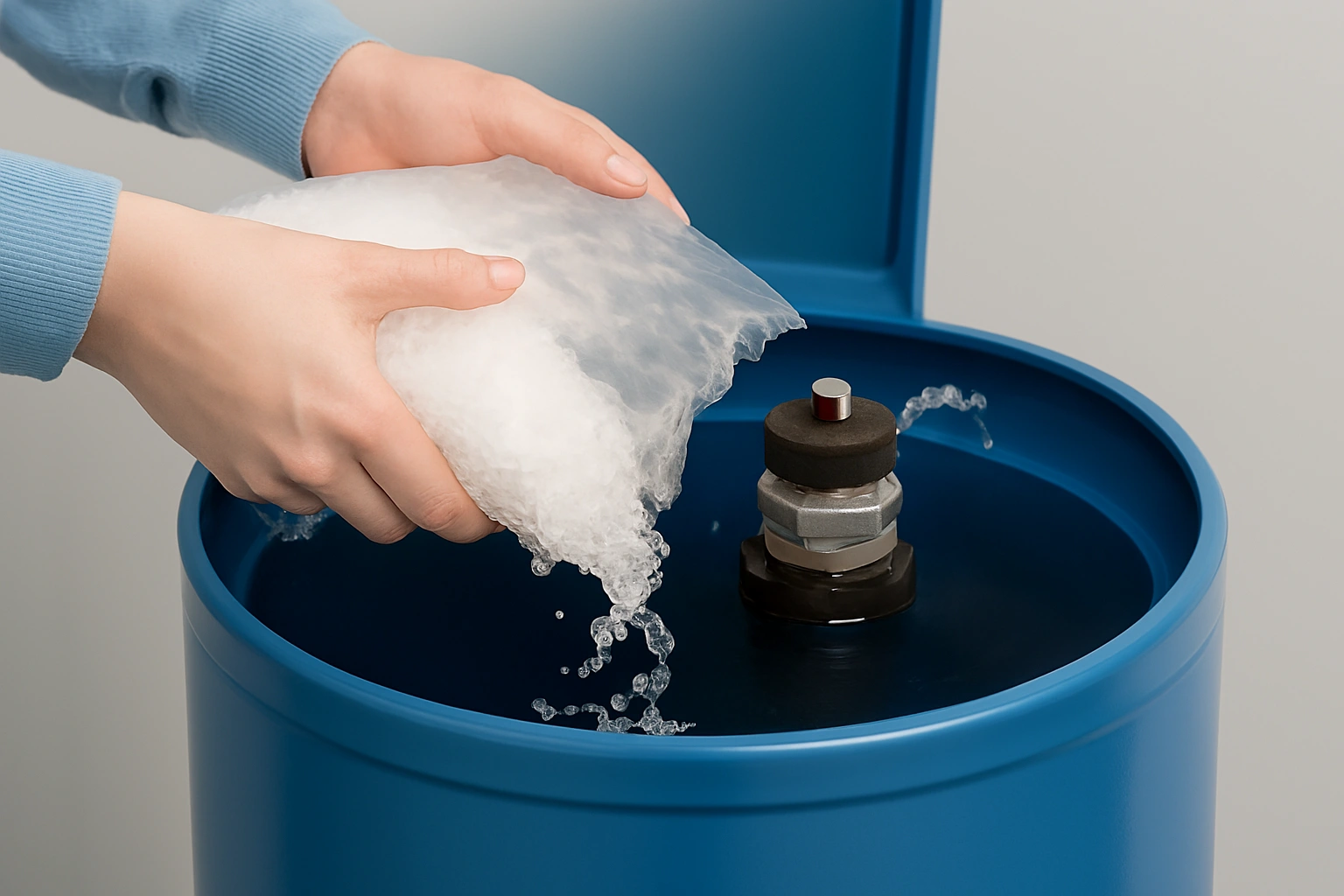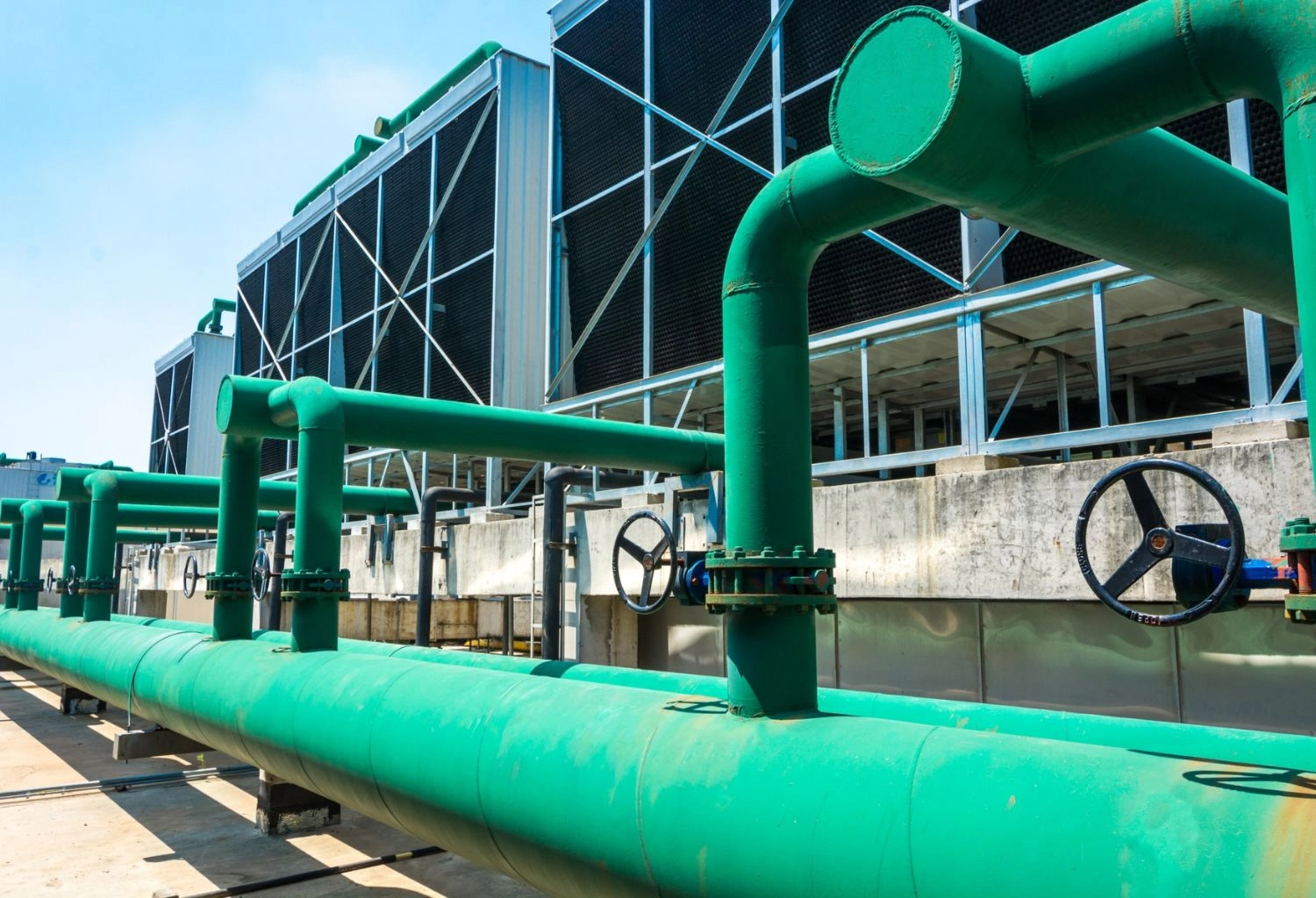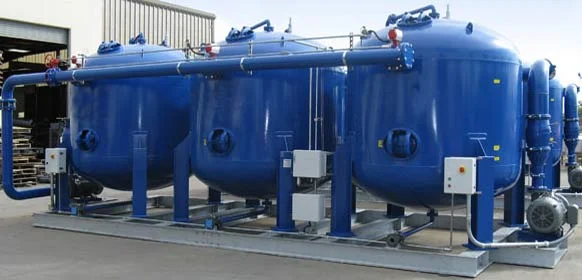If you’ve ever noticed unsightly mineral stains on your faucets, noticed that your soap doesn’t lather properly, or dealt with your appliances wearing out faster than they should, there’s a good chance you’re dealing with hard water. But what can you do about it? A home for hard water filtration system could be the solution you’re looking for. Let’s dive into the best ways to manage hard water at home, providing your family with cleaner, healthier water.
What is Hard Water, and Why Should You Care?
Hard water is water that has a high mineral content, primarily calcium and magnesium. While it’s not harmful to your health, it can wreak havoc on your plumbing, appliances, and skin. These minerals can build up inside pipes, clogging them over time and leading to expensive repairs. Hard water also reduces the effectiveness of soaps and detergents, leaving residue on your dishes, clothes, and even your skin.
But don’t worry! You don’t have to live with these issues. There are plenty of home Water filtration systems that can make your hard water problems a thing of the past.
Filtration Water Plant
What are the Best Home Water Filtration Systems for Hard Water?
The key to solving your hard water problems lies in finding the right filtration system for your home. Let’s explore some of the best options available today.
1. Water Softeners: The Most Common Solution
Water softeners are the go-to solution for hard water. These systems use a process called ion exchange to replace calcium and magnesium ions with sodium or potassium ions. This effectively “softens” the water and reduces its mineral content.
How It Works: Water softeners have resin beads that attract the minerals in the water. As the water passes through the system, the calcium and magnesium are exchanged for sodium. The resin beads then need to be regenerated by flushing them with a salt solution, which removes the collected minerals.
Why It’s Great for Hard Water: Water softeners are highly effective in eliminating the common issues caused by hard water. They protect your plumbing, reduce scale buildup, and help improve the effectiveness of soaps and detergents. With soft water, your appliances last longer, your skin feels better, and your laundry is softer.
Best For: Those with consistently hard water and who want to protect their home from mineral damage.
2.Reverse Osmosis (RO) Systems: Purifying Beyond Hard Water
Reverse Osmosis systems are not just for softening water; they also purify it by filtering out various impurities, including dissolved salts, bacteria, and viruses. While RO systems are more commonly used for drinking water, they can help with hard water if integrated into your home filtration setup.
How It Works: An RO system forces water through a semi-permeable membrane that filters out contaminants, including the minerals that contribute to water hardness. The system also usually includes a pre-filter to handle chlorine and other chemicals that can damage the RO membrane.
Why It’s Great for Hard Water: Not only does an RO system remove the minerals that make water hard, but it also delivers purified water free from other contaminants, offering an additional layer of protection.
Best For: People who want clean, soft water for both drinking and general use. If you’re looking for the ultimate in filtration, this is a great option.
Water Softening Plant
3. Chelating Agents and Magnetic Softeners: Chemical-Free Options
If you’re looking for a more eco-friendly option, chelating agents or magnetic softeners might be worth considering. These systems don’t physically remove minerals but rather alter their properties so that they don’t cause the same problems as untreated hard water.
How It Works: Chelating agents, often added to the water through a simple filtration cartridge, bind to the calcium and magnesium, preventing them from forming scale. Magnetic softeners, on the other hand, use magnets to alter the structure of the minerals so they don’t adhere to surfaces or pipes.
Why It’s Great for Hard Water: Both options are low maintenance and chemical-free. They don’t require any ongoing salt or filter replacements, which can make them more cost-effective in the long term. While they don’t soften water in the traditional sense, they can reduce scaling and help your appliances last longer.
Best For: Those seeking an alternative to traditional softeners, especially if you are looking for something chemical-free and low-maintenance.
4. Whole House Filtration Systems: Comprehensive Protection
For a more comprehensive solution, consider installing a whole-house filtration system. These systems are installed at the point where water enters your home, meaning that they treat all the water you use – from drinking to bathing to washing clothes.
How It Works: Whole house filtration systems typically combine multiple filtration methods, including activated carbon, UV light, and sometimes reverse osmosis. They are designed to handle not only hard water but also other impurities like chlorine, sediment, and heavy metals. Some of these systems include water softeners as part of the package, offering a one-stop solution for hard water treatment.
Why It’s Great for Hard Water: Whole-house systems provide an all-in-one solution that treats every drop of water in your home. They are particularly effective if your home has multiple sources of water hardness, as they treat all the water coming into your home.
Best For: Homeowners looking for a complete solution that ensures the highest water quality throughout their house.
How to Choose the Right Home Water Filtration System for Hard Water?
When choosing the best filtration system for hard water, there are several factors to consider:
- Water Hardness: Test the hardness of your water to determine how severe the problem is. Some systems are better suited for extremely hard water, while others are ideal for milder cases.
- Budget: Water softeners tend to be more affordable, while whole-house systems and reverse osmosis systems can be a bit pricier. Make sure you consider both the initial cost and ongoing maintenance costs.
- Maintenance: Consider how much maintenance you’re willing to do. Water softeners need regular salt refills, while reverse osmosis systems require filter changes. Whole-house systems may require occasional servicing.
- Water Quality Needs: Think about whether you want just soft water or if you’re also interested in purifying your water for drinking, cooking, and other uses.
What Are the Benefits of Installing a Home Water Filtration System for Hard Water?
There are many benefits to installing a home water filtration system for hard water, including:
- Protecting Appliances: Hard water can shorten the lifespan of your appliances like dishwashers, washing machines, and water heaters by causing mineral buildup. A filtration system helps prevent this damage.
- Better Skin and Hair: Hard water can leave your skin feeling dry and your hair brittle. With softened water, your skin and hair feel softer and healthier.
- Cost Savings: By preventing scale buildup in pipes and appliances, you reduce the need for costly repairs and replacements.
- Improved Water Quality: Filtration systems not only soften your water but also remove other impurities, leading to cleaner, healthier water for drinking and bathing.
Conclusion
Dealing with hard water doesn’t have to be a burden. With the right home water filtration system, you can protect your home’s plumbing, improve your water quality, and enhance your quality of life. Whether you choose a water softener, a reverse osmosis system, or a whole-house filtration setup, the investment is worth it for cleaner, softer water. Make the right choice for your home and enjoy the benefits of hard water-free living.https://watercareservices.org/filtration-water-plant/
Frequently Asked Questions (FAQs )
1. How do I know if I have hard water?
The easiest way to check is by looking for white, chalky deposits on faucets, showerheads, and dishes. If soap doesn’t lather well or you experience skin irritation after showers, these are also signs of hard water.
2. Can I install a water softener myself?
While some homeowners may opt for DIY installation, it’s often best to have a professional install your water softener to ensure it’s done correctly and efficiently
3. Are water softeners environmentally friendly?
While water softeners use salt, which can have environmental impacts if not disposed of properly, there are environmentally friendly alternatives, like salt-free water softeners or chelating agents.
4. Do reverse osmosis systems waste water?
Yes, reverse osmosis systems do waste a certain amount of water during the filtration process. However, the waste ratio has been improving with newer systems, and the benefits often outweigh the waste.
5. How often should I replace filters in my home water filtration system?
This depends on the system you have. Some filters need to be changed every 6 months, while others may last up to a year. Regular maintenance is crucial to keeping your system running efficiently.



